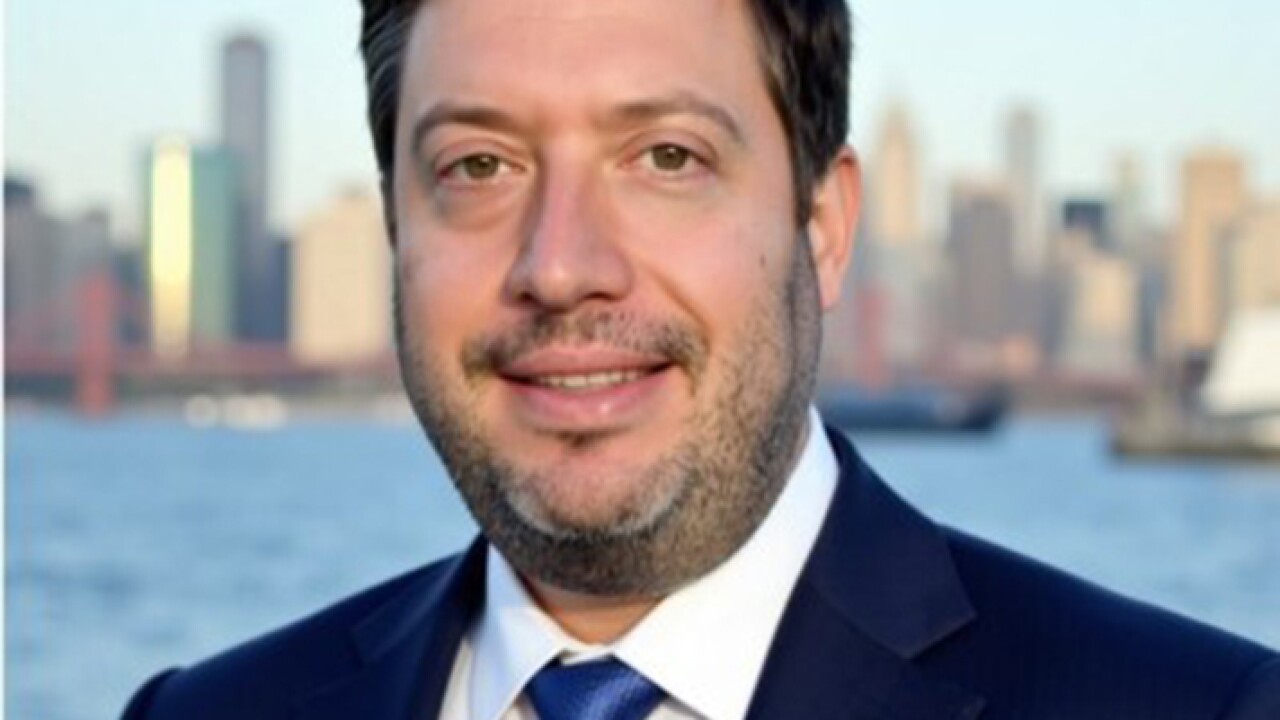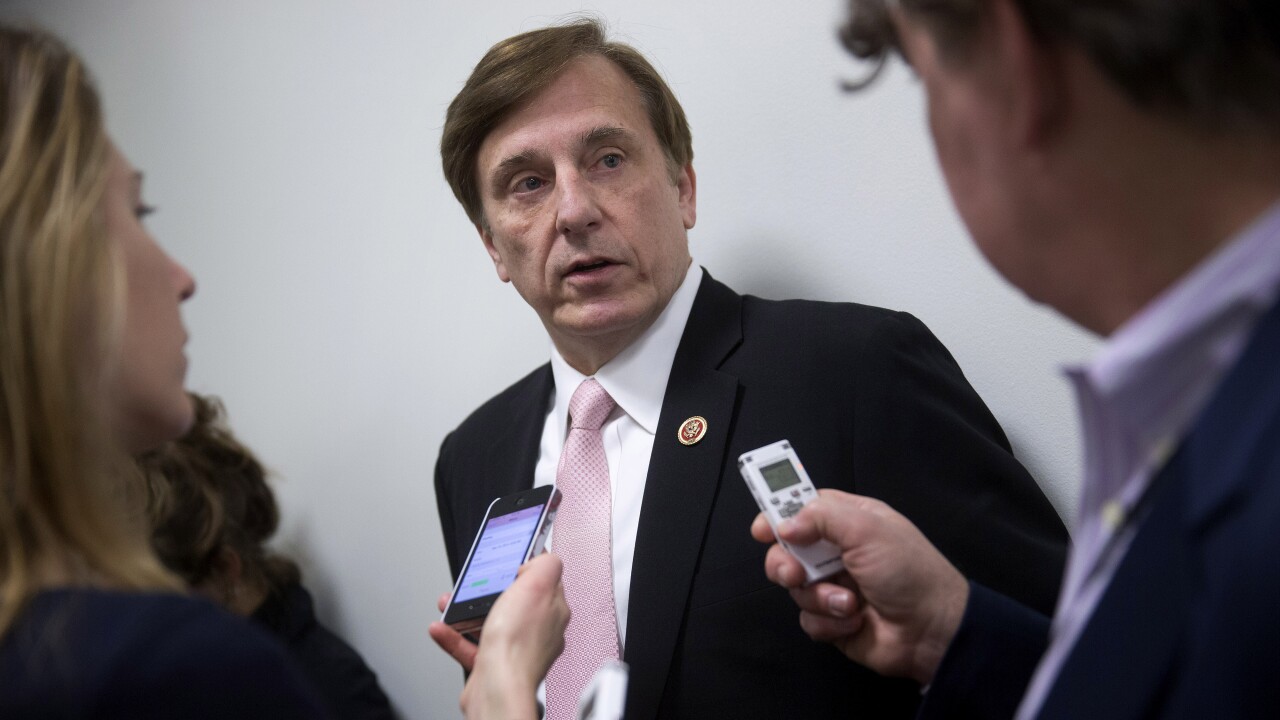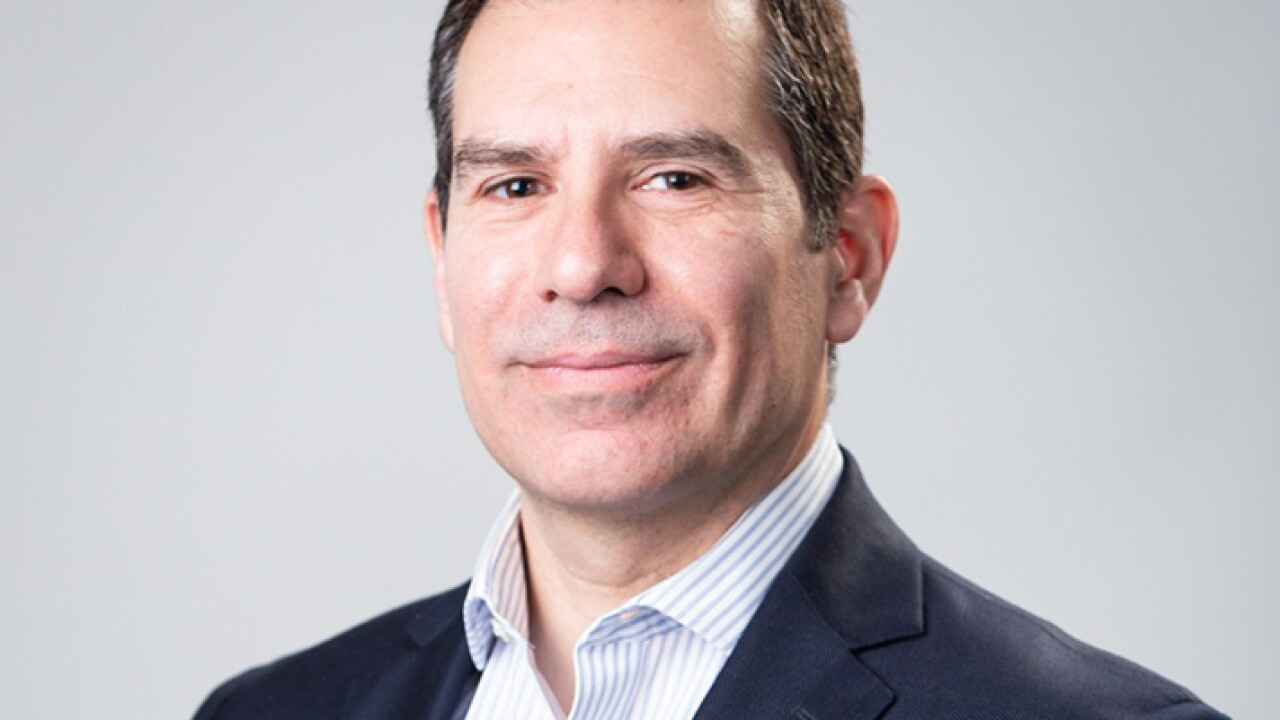
DALLAS -- Ohio Gov. John Kasich wants to reduce the state's reliance on income tax revenue by raising the taxes on beer and wine, cigarettes, and gas drilling as well as raising and expanding the sales tax.
Kasich rolled out a two-year budget proposal Monday that relies on $33.1 billion of general revenue fund appropriations for fiscal 2018 – down 5.6% from current spending levels -- and $33.8 billion in fiscal 2019, 2.2% above what's proposed for fiscal 2018.
"This budget is structurally balanced and will allow us to move forward," Kasich said at a news conference.
Kasich is seeking a $39 million, 17% income-tax cut over the next two years. The budget would eliminate state income taxes for more than 350,000 low-income Ohio households and would reduce the highest tax rate, for those earning $210,500 or more, from 4.9% to 4.75% in 2017 and then 4.3% in 2018.
Kasich is proposing to cover the reduction by raising taxes on beer and wine which last saw an increase in 1992. The increase would be in line with inflation since then, according to the Kasich administration, and amount to about .1 cent per glass of wine or can of beer. He is also looking to increase the state's cigarette tax by 65 cents a pack to $2.25.
He also proposes to impose a half-percent increase in the state sales tax, from 5.75% to 6.25%, while extending the tax to cable TV subscriptions, elective cosmetic surgery, lobbying and some other services currently not subject to the tax.
The budget proposed temporarily freezes tuition and fees at the state's public colleges and universities for two years. The governor has also proposed to require colleges and universities to cover the cost of textbooks for students beginning in the 2018-19 school year.
The proposal also includes some modest increase in education including increased support for K-12 education, which could see funding increase by nearly $200 million over the two years, or about 1% per year.
Kasich's budget would continue to offer expanded Medicaid coverage to more than 700,000 poor Ohioans amid uncertainty over what will happen with the Affordable Care Act.
Kasich also wants a tax on all health-insuring corporations to replace the sales tax on Ohio's Medicaid Managed Care Organizations, which federal regulators said last year was no longer permissible.
The Ohio House will begin budget deliberations Wednesday. The state budget must be approved by the General Assembly and signed by Kasich by June 30. The 2018 fiscal year begins July 1. Kasich is a Republican and the legislature is controlled by Republicans.
"Governor Kasich has issued a budget proposal filled with bold, innovative ideas and I commend him and his team for their work," said Speaker of the Ohio House Clifford Rosenberger, R-Clarksville, in a statement. "The budget process will involve caucus-wide input and months of public discussion and debate. I look forward to further discussing this proposal in detail with Governor Kasich and working with my colleagues in the House and Senate towards crafting a final balanced budget proposal by June that will benefit all Ohioans."





